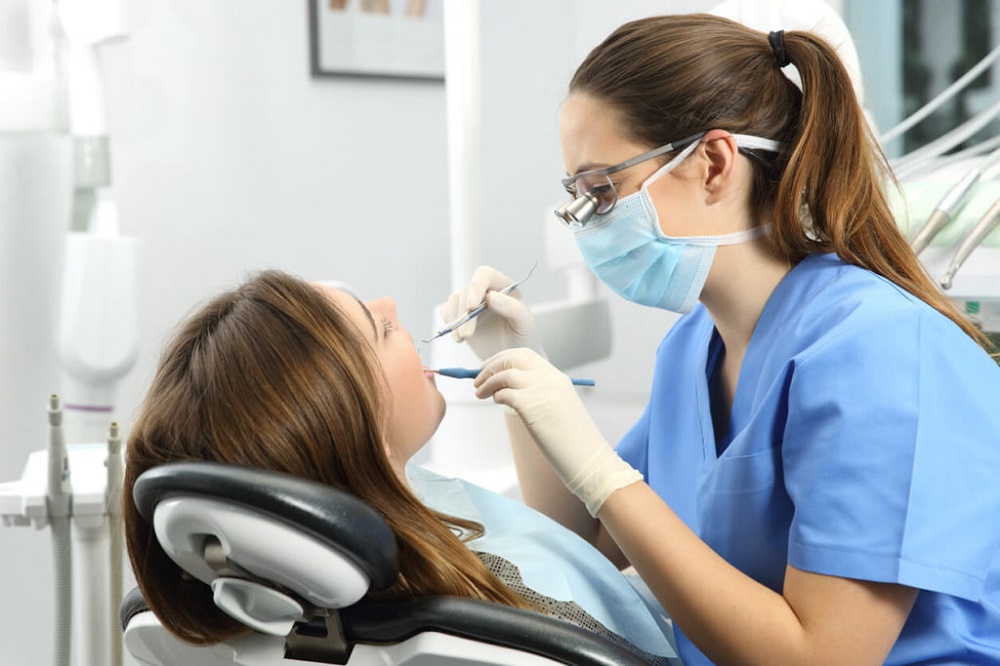Healthcare in correctional facilities presents unique challenges that require specialized solutions. The environment demands a careful balance between security protocols and quality medical care. When implemented effectively, these solutions transform the health outcomes for incarcerated individuals while maintaining the safety and integrity of the facility.
Current landscape of correctional healthcare
The correctional healthcare system serves millions of incarcerated individuals across thousands of facilities nationwide. The populations in these institutions have higher rates of chronic conditions, mental disorders, substance abuse issues, and infectious diseases in the general public. Despite these challenges, correctional facilities must provide constitutionally mandated healthcare services to all residents.
Many facilities struggle with staffing shortages, budget constraints, and outdated medical infrastructure. These limitations often result in delayed care, inadequate treatment plans, and poor health outcomes. The need for comprehensive solutions has never been more pressing as the incarcerated population continues to age and present with increasingly complex medical needs.
Essential components of effective healthcare systems
Successful correctional healthcare programs incorporate several key elements to create a comprehensive care system. Electronic health records are the foundation of modern correctional healthcare, enabling seamless documentation, medication management, and continuity of care during facility transfers or upon release.
Telehealth services have revolutionized specialized care access in remote facilities. Through secure video consultations, incarcerated patients can receive evaluations from specialists without costly and potentially dangerous transportation to outside medical facilities. This technology significantly reduces security risks while increasing access to specialized medical expertise.
Training and staffing considerations
The healthcare professionals working in correctional settings require specialized training beyond traditional medical education. This population’s unique correctional environment, security protocols, and common health issues equip staff to provide appropriate care while maintaining facility safety.
Correctional Healthcare Solutions delivers comprehensive programs that address immediate medical needs and preventive care initiatives. Their approach integrates medical, mental health, and substance abuse treatment to address the multifaceted health challenges present in the incarcerated population. They establish consistent care standards across various facilities by implementing standardized protocols and quality improvement measures.
Elevating performance across industries
The principles that drive success in correctional healthcare can be applied to numerous other sectors. The systematic approach to quality improvement, data-driven decision-making, and integration of specialized services translate effectively across industries. Organizations focusing on elevating performance across sectors recognize that the methodologies used in one specialized field often provide valuable insights for others.
This cross-pollination of ideas and best practices leads to innovation and improved outcomes in unexpected places. Healthcare solutions developed for the challenging correctional environment often pioneer approaches later adopted by mainstream healthcare systems due to their efficiency and effectiveness under stringent constraints.
Continuity of care and community transition
Successful correctional healthcare extends beyond the facility walls. Discharge planning and community care coordination ensure released individuals maintain their treatment plans and medication regimens. This continuity significantly reduces hospital readmissions, emergency department visits, and returns to incarceration.
Programs that connect released individuals with community health centres, insurance enrollment assistance, and social services create pathways to sustained health improvement. These initiatives benefit not only the individuals themselves but also reduce the financial burden on public health systems and improve community safety outcomes.
Modern correctional healthcare relies increasingly on data analytics to identify trends, allocate resources effectively, and measure outcomes. Predictive analytics help administrators forecast staffing needs, medication requirements, and potential health emergencies. This proactive approach transforms correctional healthcare from reactive crisis management to strategic health planning, ultimately improving patient outcomes while optimizing resource allocation.



